Essentials of People Practice: Evaluating Performance & Reward Systems
VerifiedAdded on 2023/06/08
|12
|630
|202
Report
AI Summary
This report delves into the essentials of people practice, focusing on performance management and reward systems. It highlights the purpose of performance management within organizations, emphasizing the creation of a productive work environment and effective leadership. Key factors and components affecting performance management systems are discussed, including co-worker relationships, environmental influences, and personal expectations. Various types of appraisal methods, such as grading, trait-based appraisals, and 360 reviews, are examined for their use in performance management. The report outlines the critical components required for an effective total reward system, distinguishing between financial and non-financial incentives to foster employee engagement. The relationship between reward and performance is explored, underscoring the role of motivation and the application of theories like Herzberg's two-factor theory. The importance of fair treatment of employees is highlighted, citing benefits such as increased respect, trust, and productivity. The report concludes by emphasizing the role of performance management in monitoring and evaluating employee work, while acknowledging the impact of organizational culture and incentives on the system's effectiveness. References to relevant academic sources are provided to support the analysis.
1 out of 12
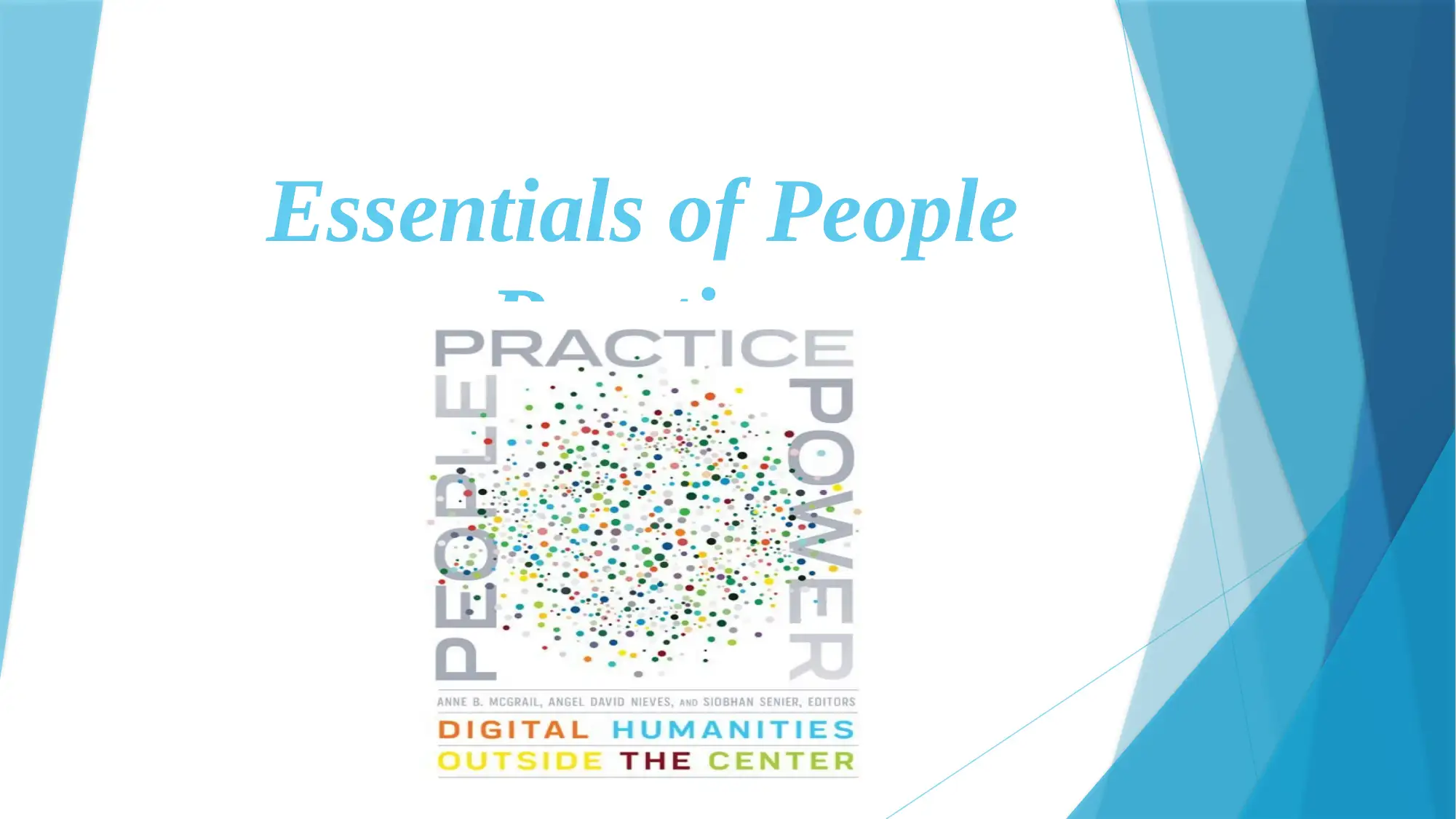
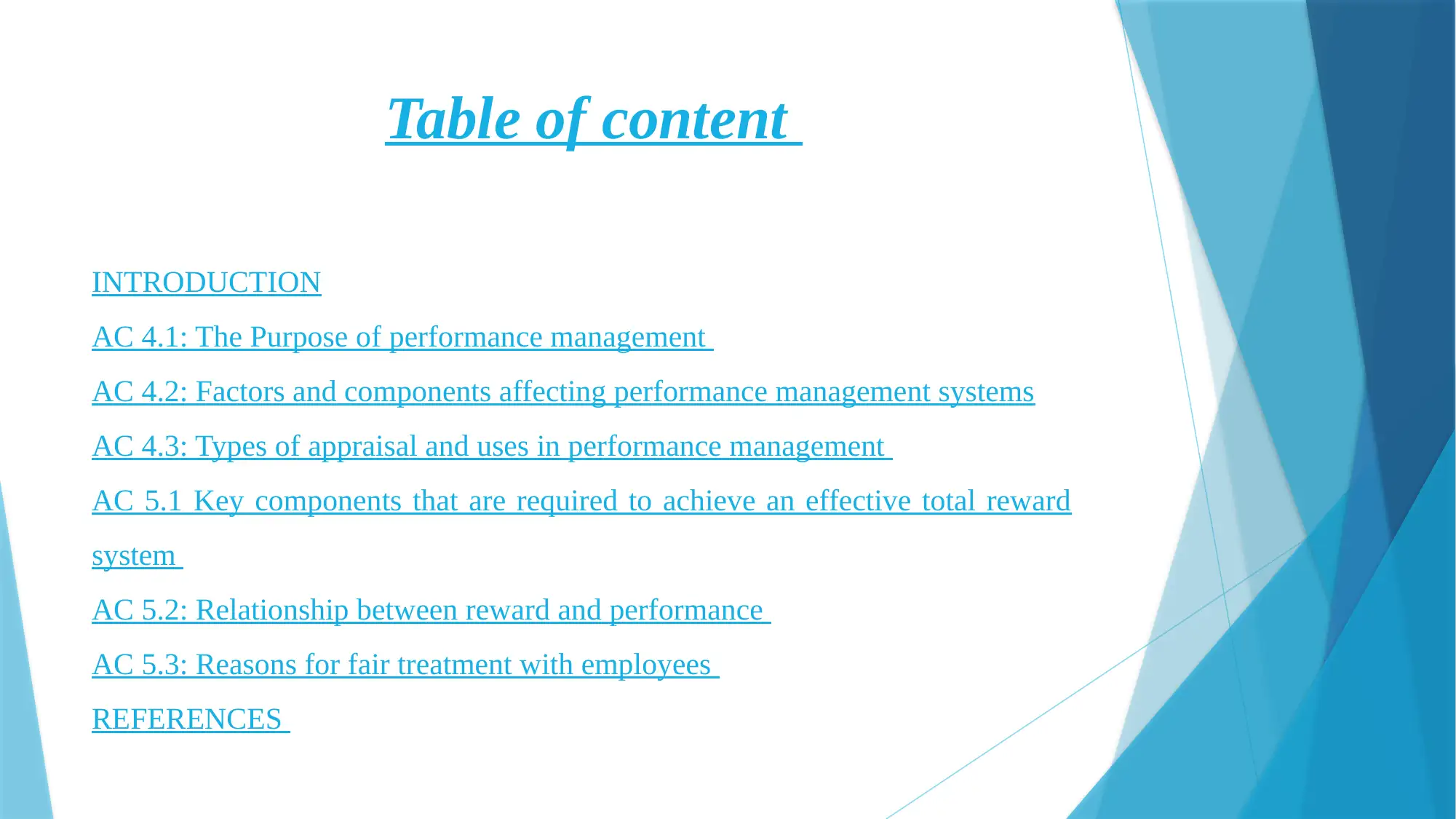
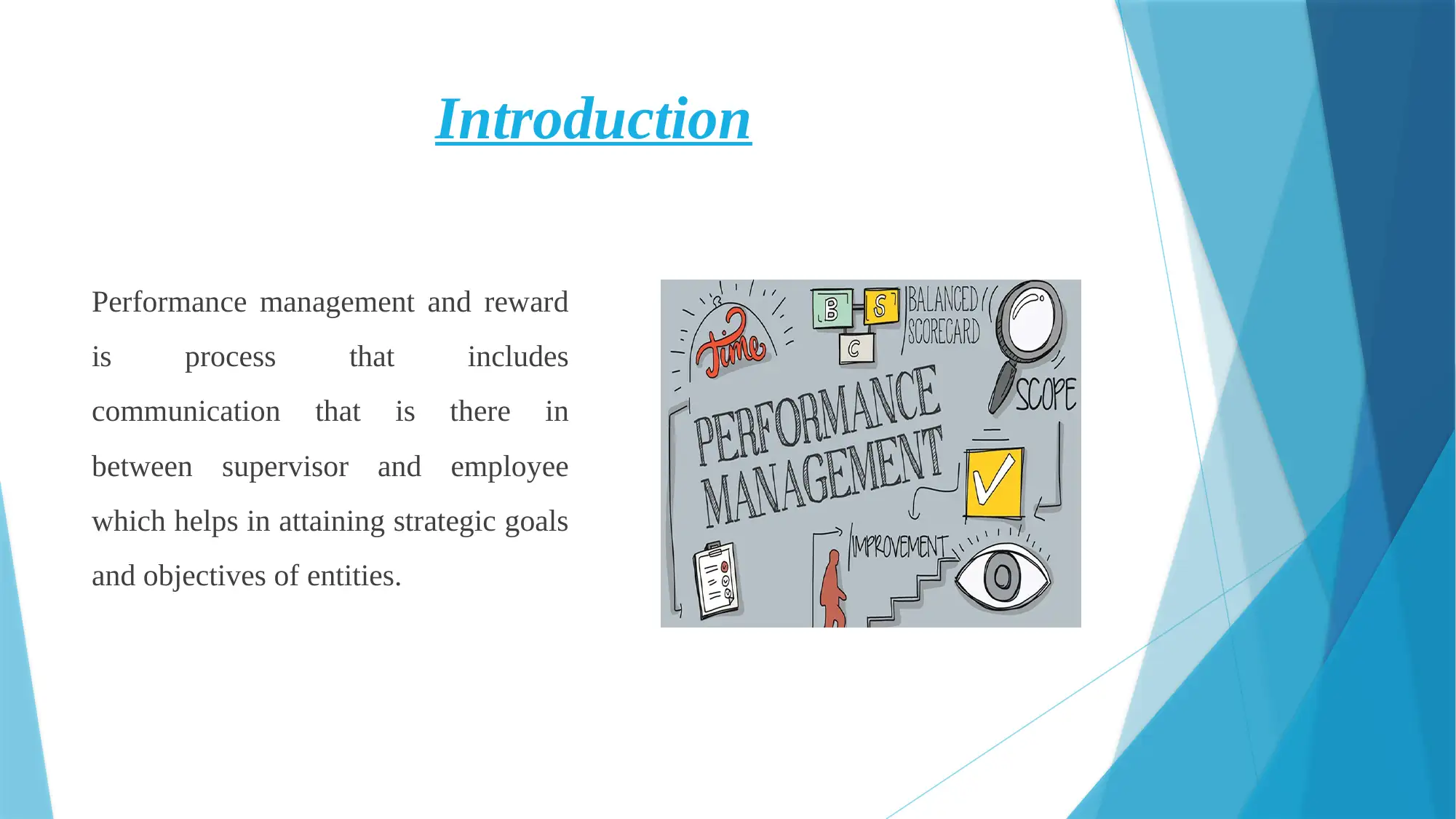

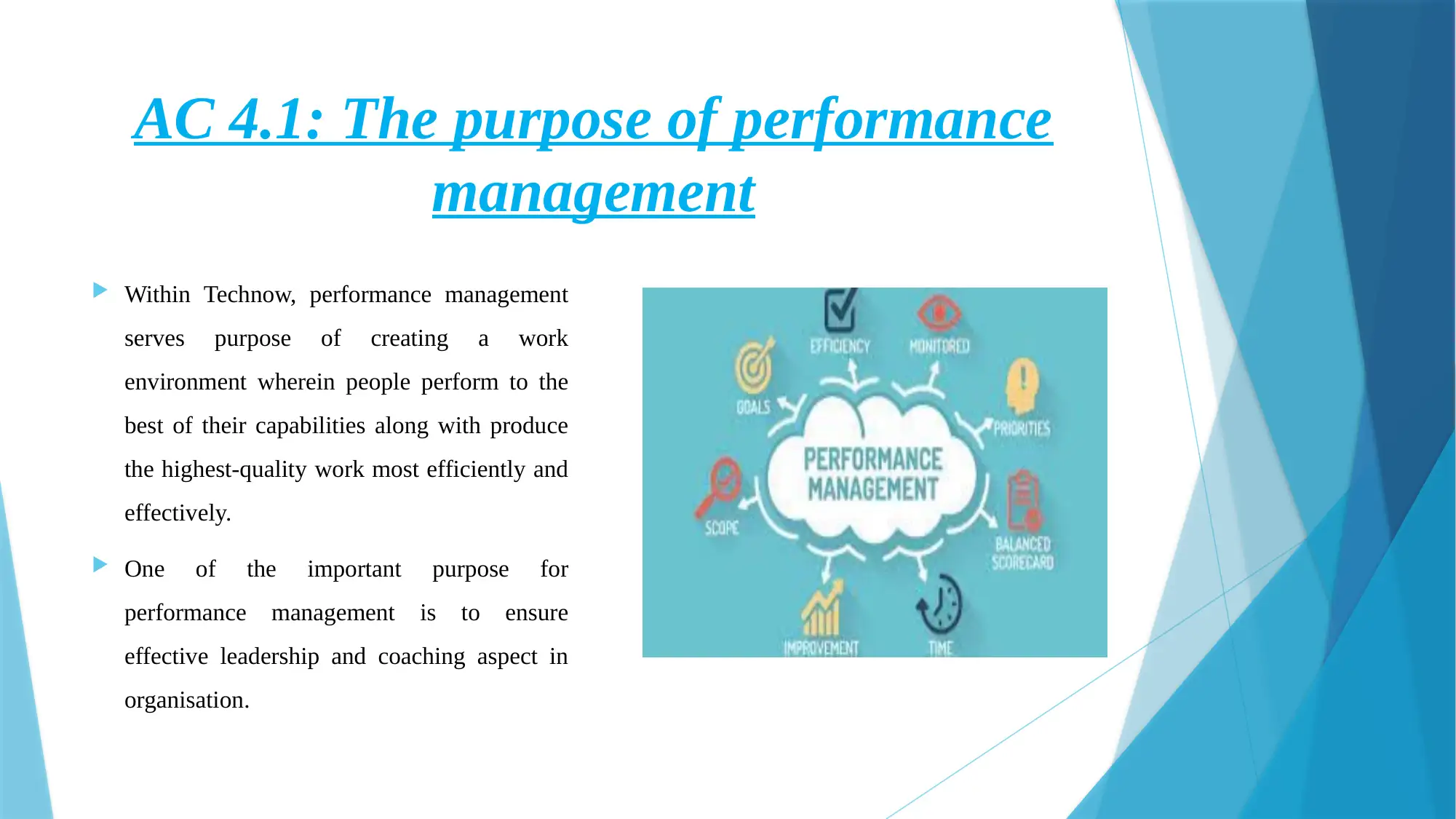
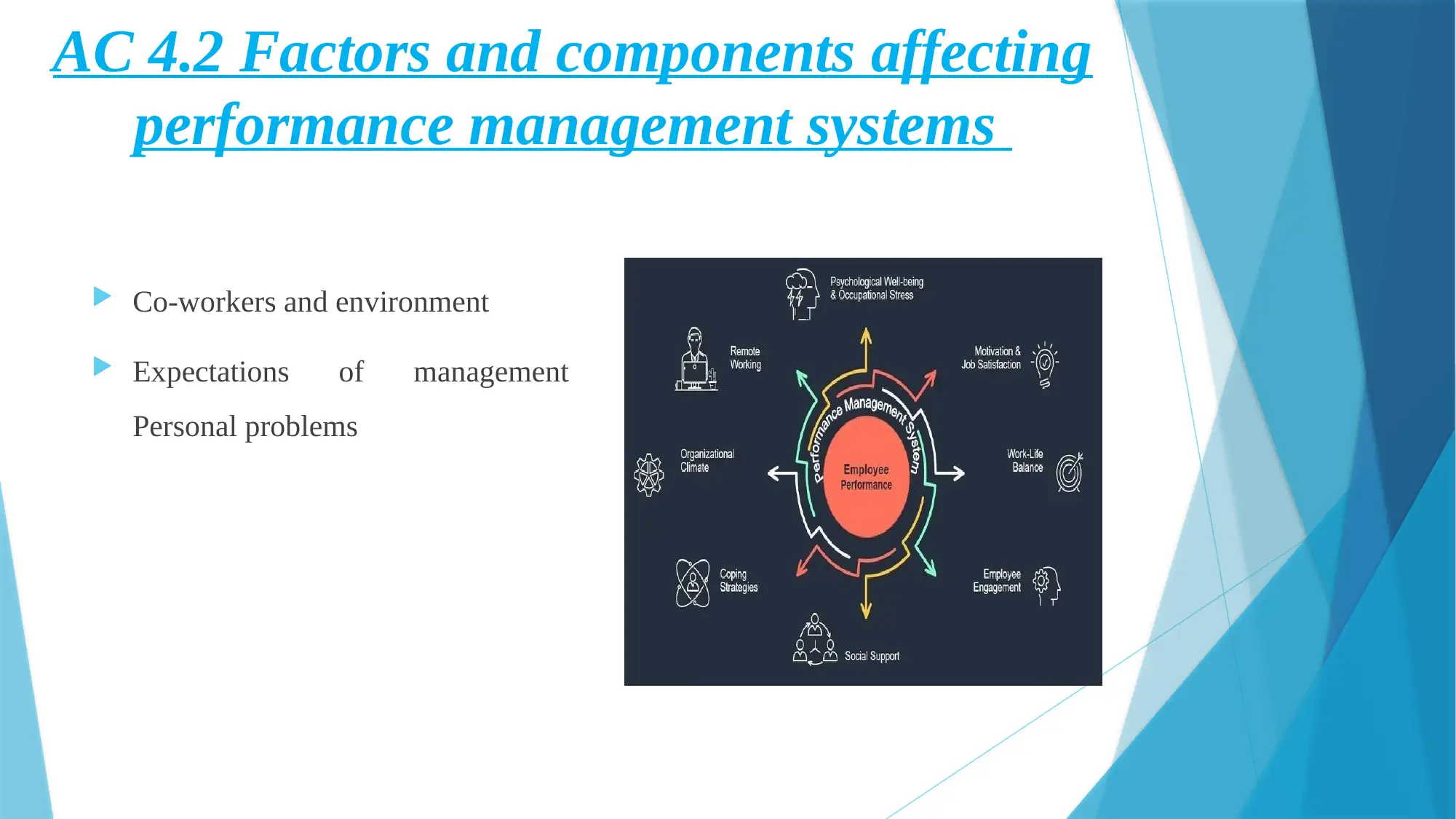
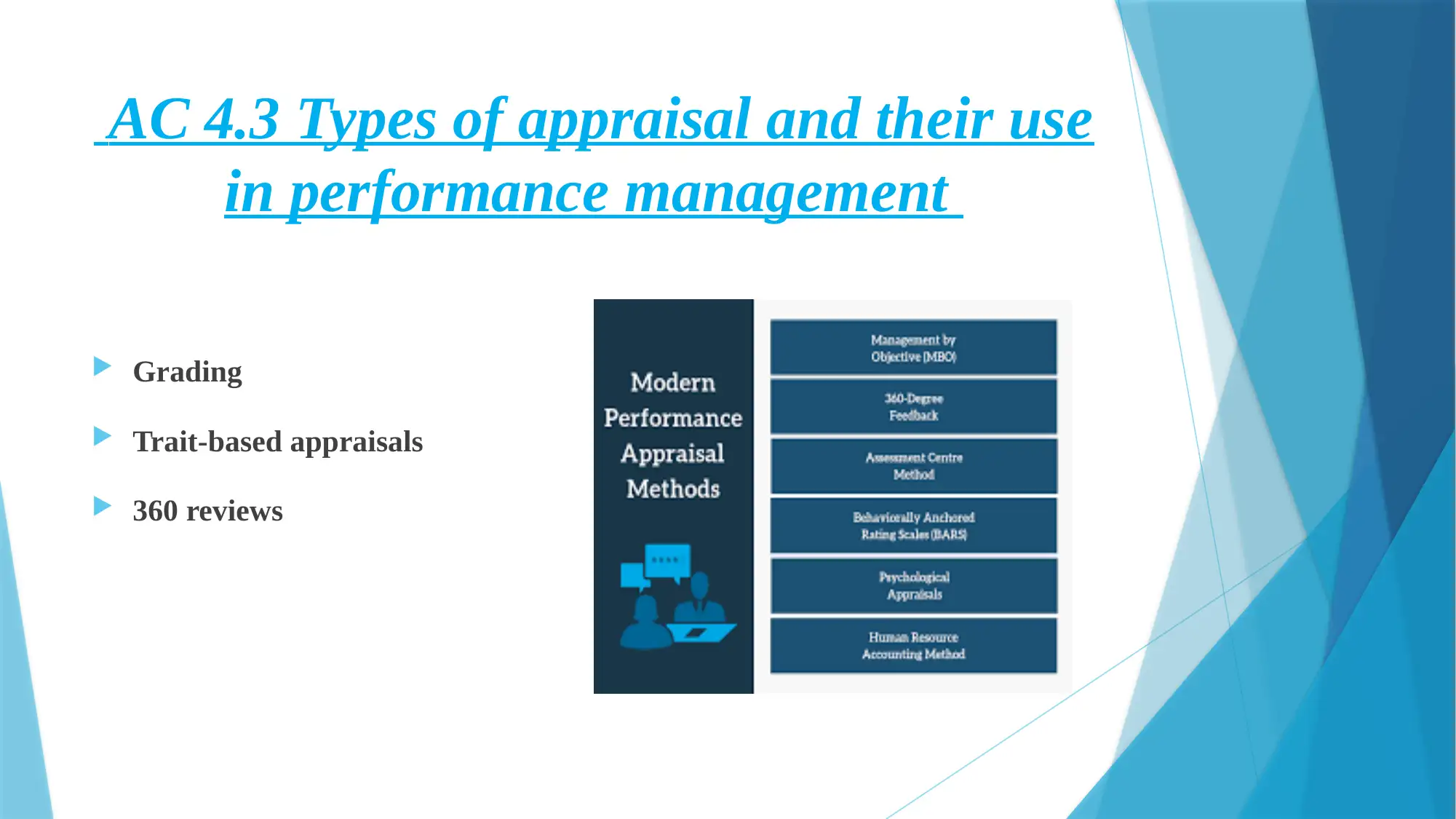
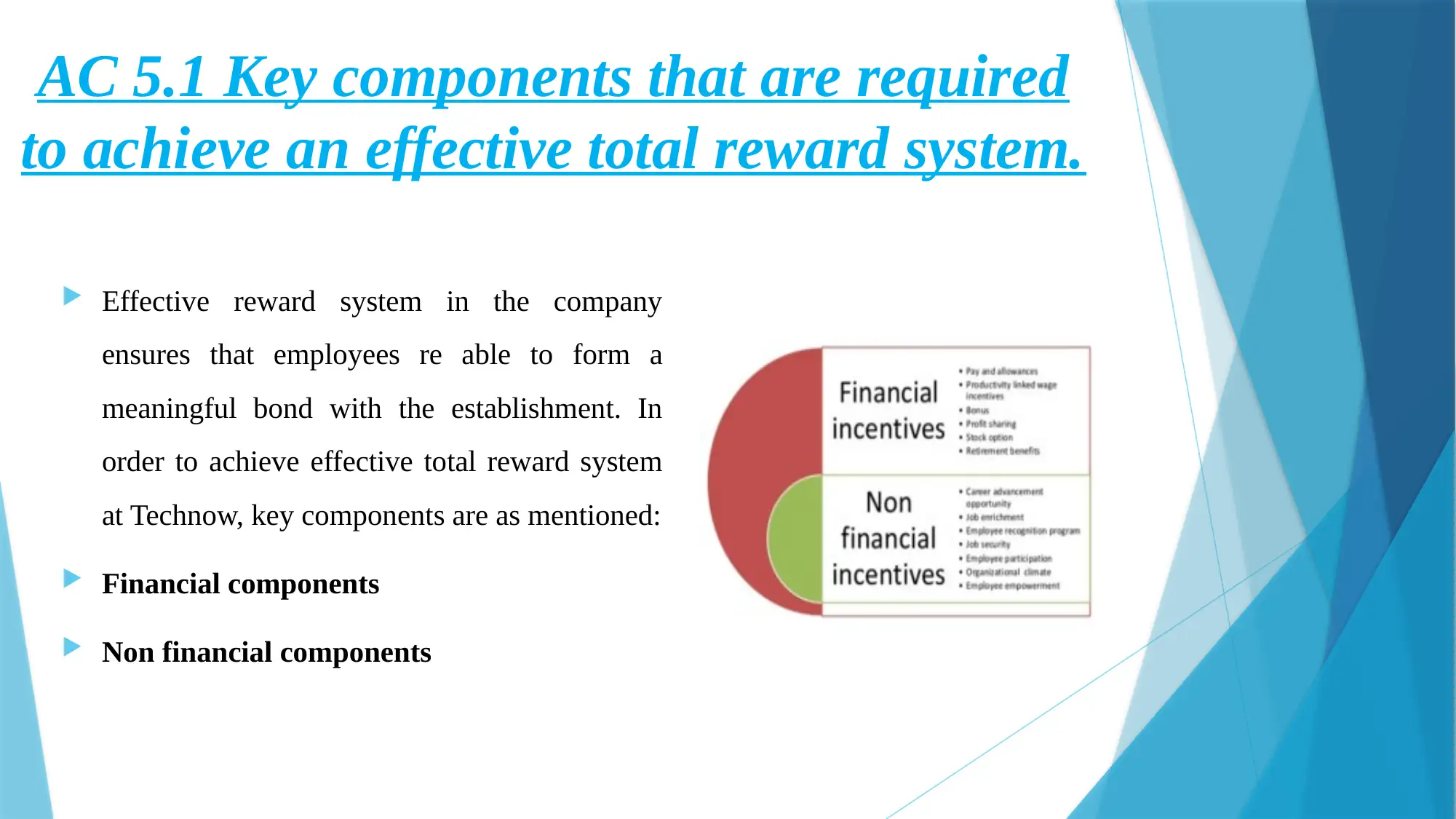
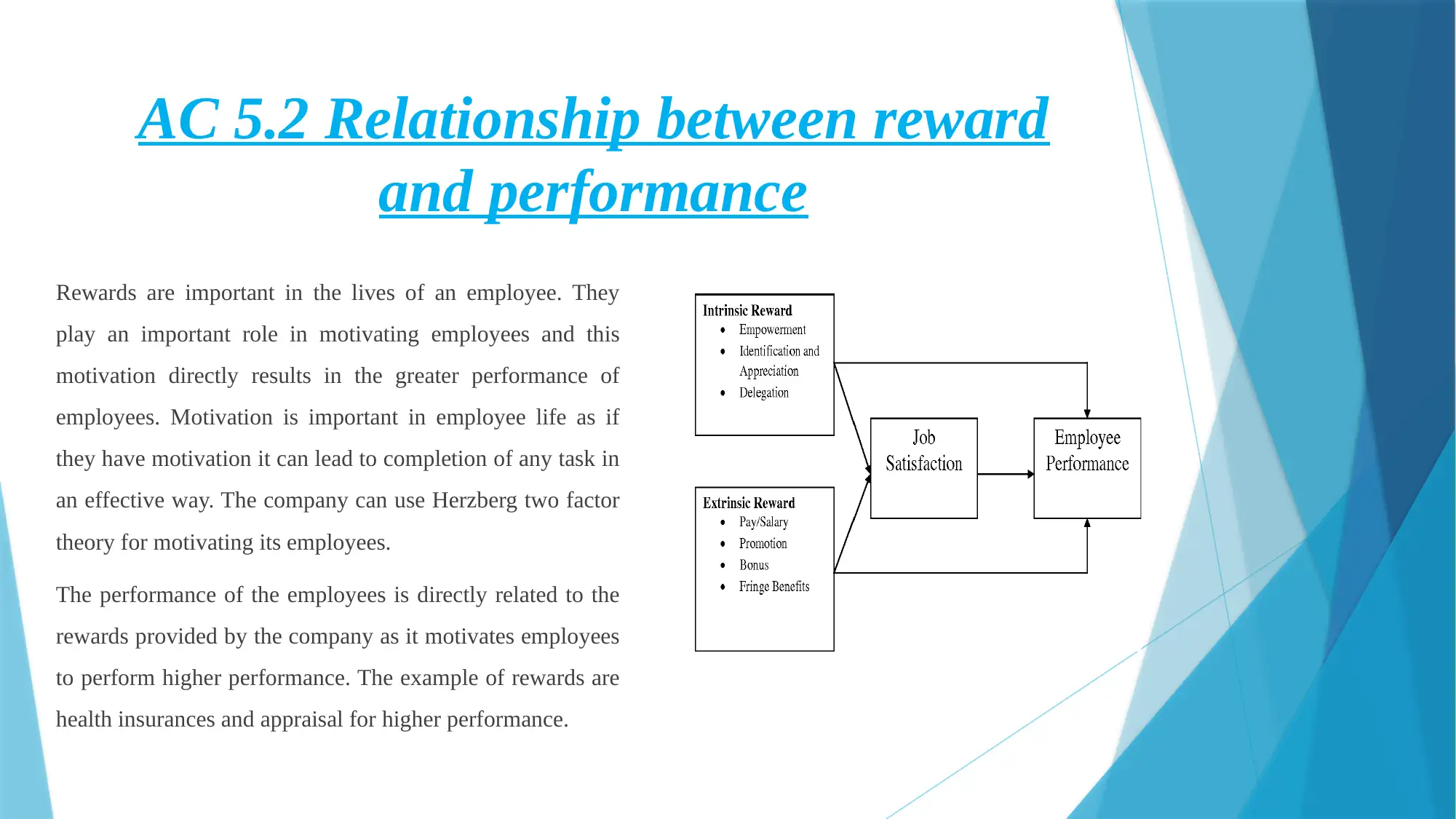
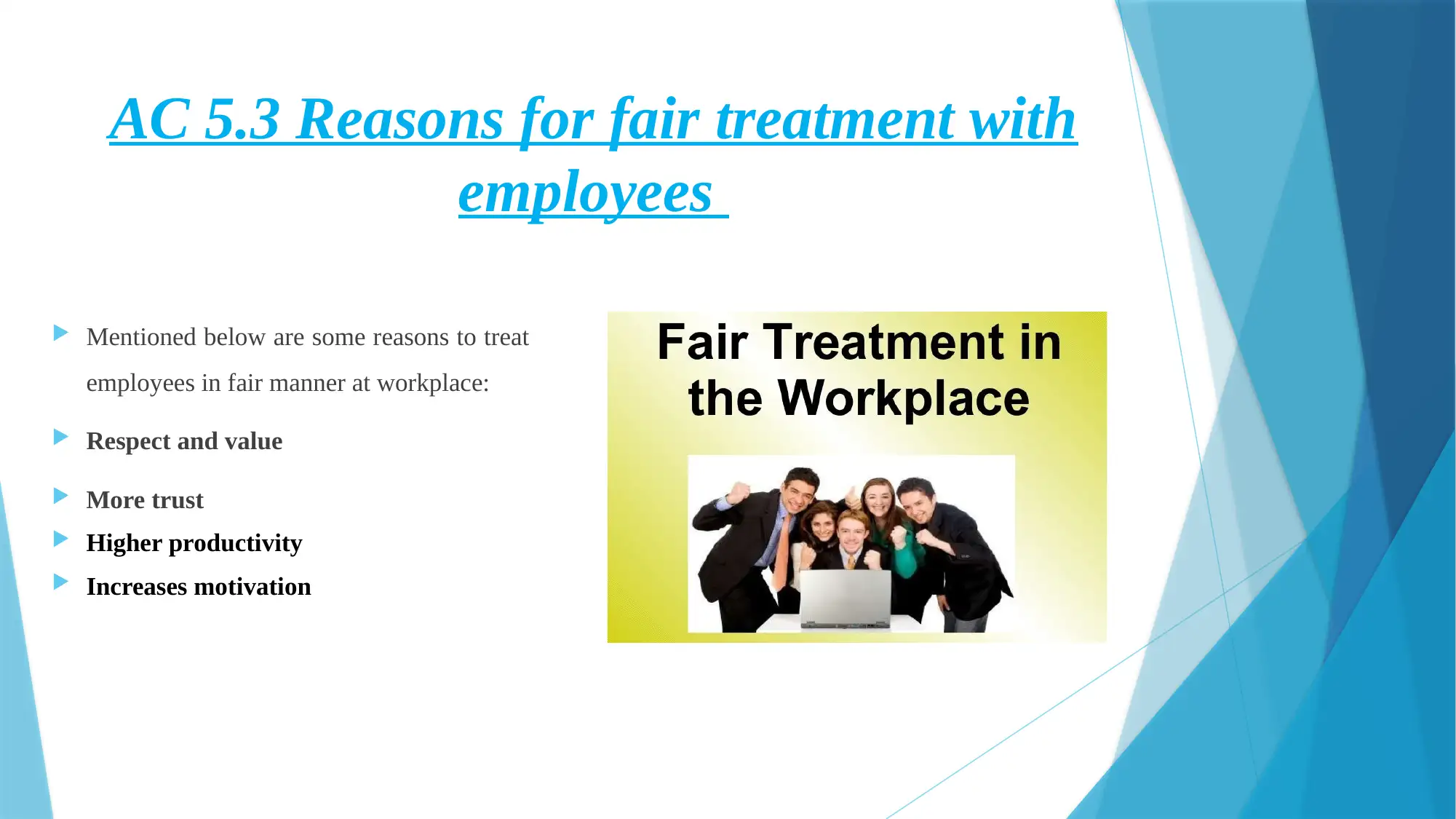
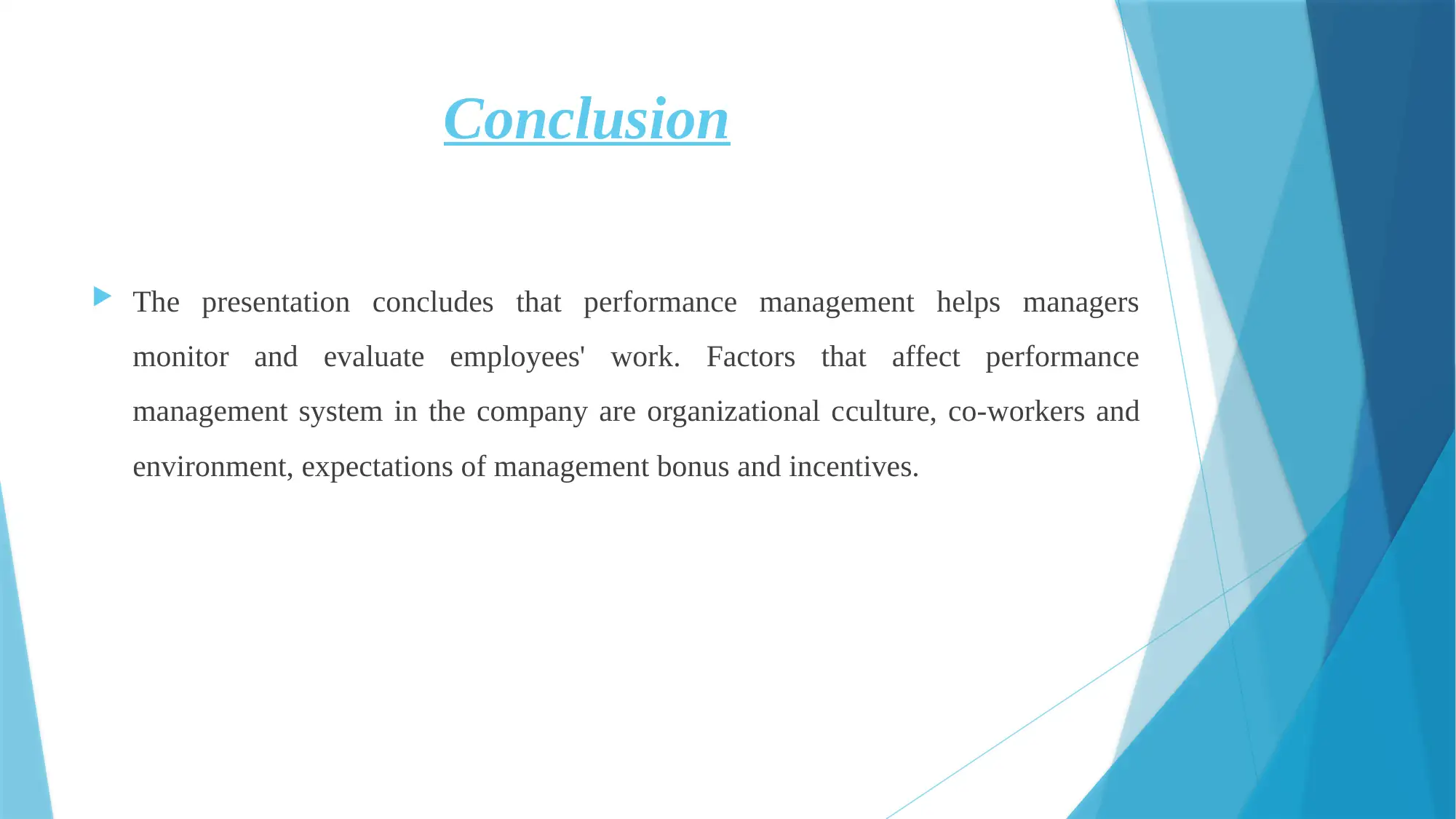
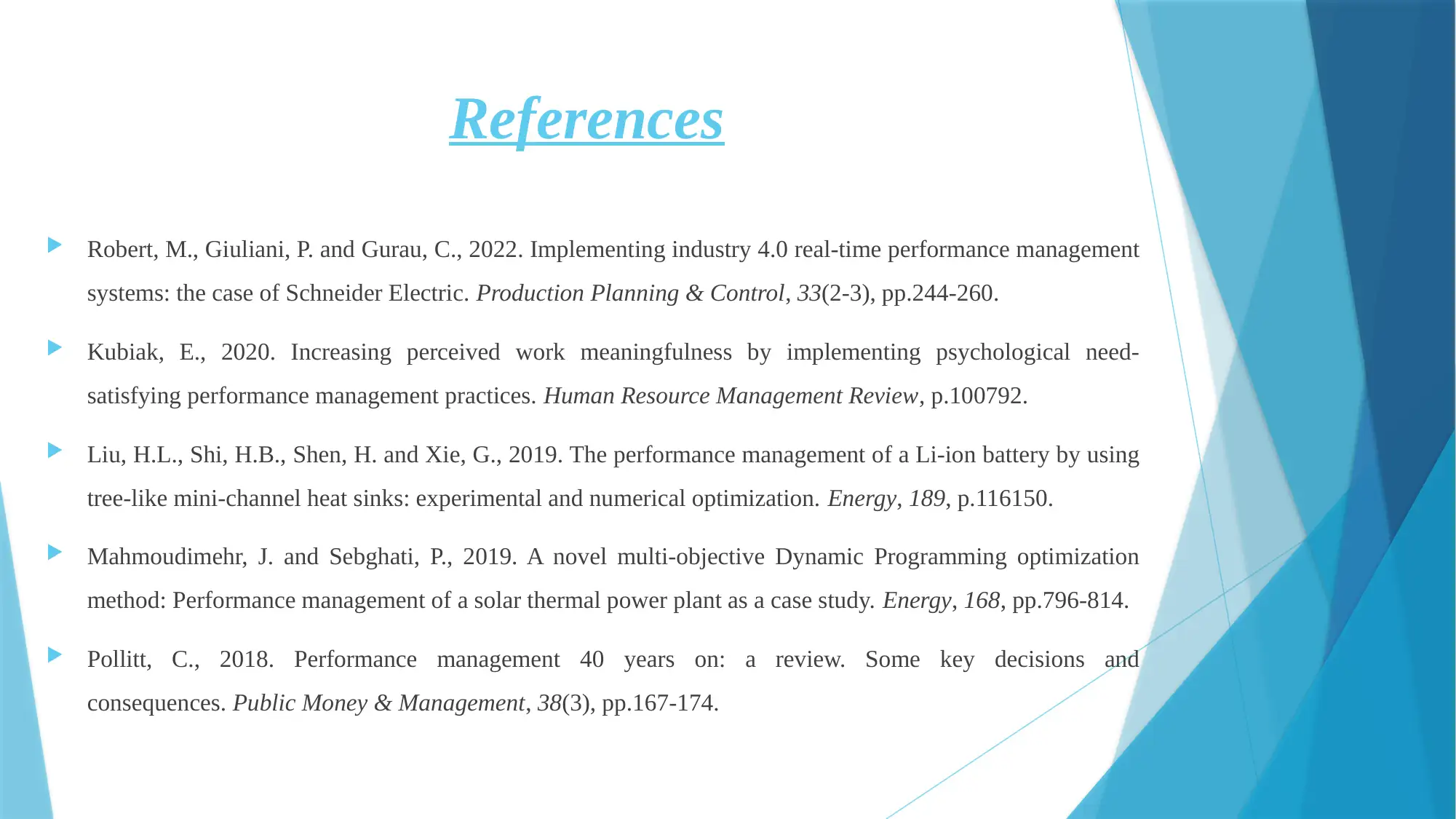







![[object Object]](/_next/static/media/star-bottom.7253800d.svg)